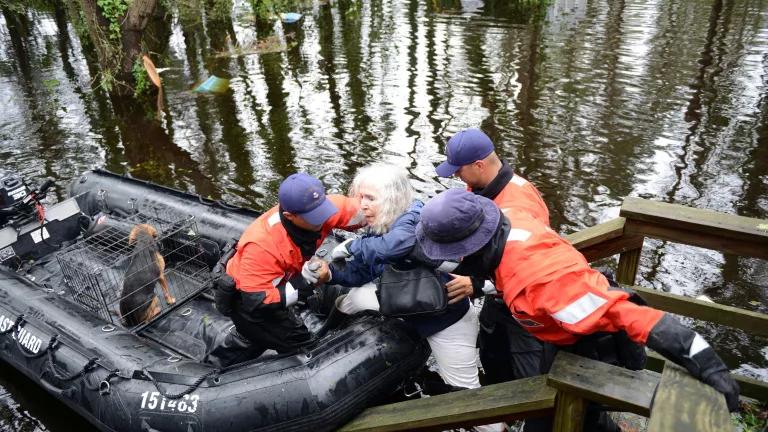
City and state leaders from India are scaling up their actions to combat climate change and to protect citizens from hazardous climate impacts. A number of influential participants in this week’s the Global Climate Action Summit are launching new programs and expanding successful pilot projects. Speaking at the high High-Level Forum on India Climate Actions, convened by NRDC and partners, principle secretaries, mayors and organization leaders detailed their plans.
Heat Action Plans
In a significant step that will save thousands of lives, Maharashtra Principle Secretary for Financial Reforms Sujata Saunik said that six more Indian states would adopt Heat Action Plans. Soon all 17 states prone to extreme heat will have plans in place to protect communities from deadly temperatures. Currently 30 cities and 11 states have such plans, which enable vulnerable groups to take life-saving precautions. Ms. Saunik also joined NRDC in releasing a publication on Heat Resilience Across India.
Cool Roofs
Telangana Principle Secretary Arvind Kumar told journalists gathered at the forum that Hyderabad intends to convert 1,000 buildings to cool roofs as part of the city’s Heat Action Plan. Cool roofs will be used on all low income government housing, as well as on schools and hospitals, to lower indoor temperatures without using electricity. Ahmedabad Mayor Bijalben Patel said her city will develop a citywide cool roofs policy by 2019.
Building Codes
To increase the energy efficiency of India’s construction boom, Mr. Kumar said that five more cities in the state of Telangana would adopt energy conservation building codes and online compliance systems by 2020. Buildings currently account for 30 percent of India’s electricity consumption. Mr. Kumar also launched a new case study entitled Getting Climate Ready, which is aimed at helping other cities and states formulate their own efficient building codes.
Air Pollution
Mayor Patel of Ahmedabad discussed the city’s innovative Air Information Response (AIR) Plan, and previewed the findings of a forthcoming study on the plan’s effectiveness.
Electric Vehicles
Combustion of fossil fuels is a major contributor to air pollution in India. As such, city and state leaders are seeking to transition urban transportation systems to renewable energy. Pune Mayor Mukta Tilak told reporters that the city will have 500 electric buses serving residents by 2020, and that all diesel buses will be eliminated by 2021. Similarly, the state of Telangana will increase its number of electric buses from 40 now to 2,000 by 2019, Mr. Kumar said. As part of the state’s soon-to-be-released Electric Vehicle Policy, all new three-wheel rickshaws must be electric, as no new diesel three-wheelers will be allowed.
Solar Energy
Telangana Principle Secretary Kumar also noted the state’s intention to increase solar power capacity by 500 MW by promoting solar parks and rooftops. NRDC and the Self Employed Women’s Association (SEWA) announced plans to provide 15,000 more solar powered pumps to saltpan farmers in the state of Gujarat. The project’s success is the topic of a new publication entitled Worth Their Salt: Improving Lives of Women Salt Farmers through Clean Energy in the Salt Pans of Gujarat. NRDC and SEWA also launched a new residential energy project to facilitate access to solar-powered lights, cleaner cookstoves and more efficient appliances. Starting in two pilot villages, the program plans to scale quickly to 10 locations.
Waste Management
During the summit, Pune Mayor Tilak accepted a Policy Innovation Award in honor of a city program employing 3,000 women to collect waste door-to-door from 600,000 houses. Women in the cooperative ensure that waste is sorted properly for recycling, she said. Their efforts have reduced the amount of waste from Pune going into landfills. Ahmedabad Mayor Patel has also prioritized waste management and pledged that her city will be zero waste by 2031.
Clean Energy Finance
NRDC recognizes that strong policy frameworks and incentive structures are necessary in order for underserved clean energy markets to scale. To help propel India’s emerging markets, NRDC released an issue brief at the forum entitled Clean Energy For All: Framework for Catalytic Finance for Underserved Clean Energy Markets in India. The publication provides a framework that identifies directional options for capitalizing and establishing catalytic finance approaches in India.




